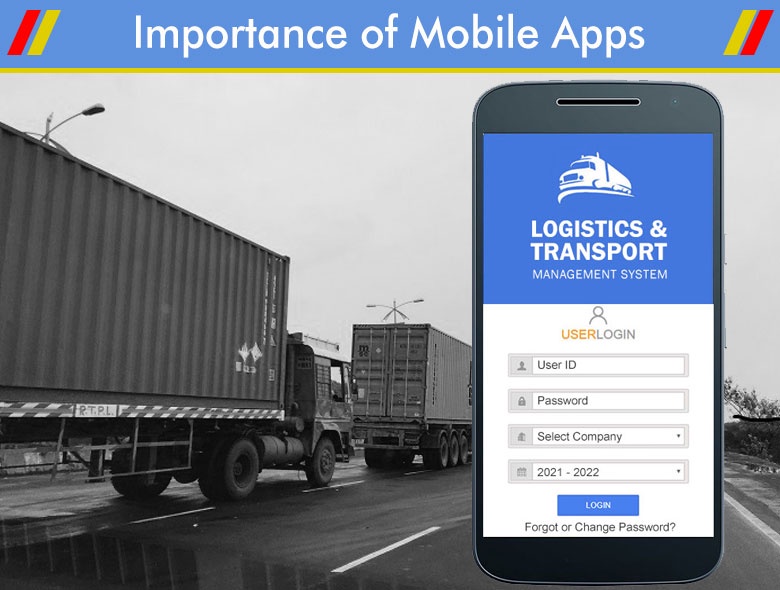Transportation experiences a technological renaissance, propelled by converging web and mobile shifts. Location tech's force powers unprecedented navigation, handling, and transit experience advancements. From real-time tracking to personalized journey mapping, location-based innovations transform the transit landscape. This delves into key trends, their potential, and overcoming challenges to harness location technology's full transportation capabilities.
Real-Time Tracking Systems' Rise
Real-time tracking systems mark a transformative leap in utilizing transportation services. GPS and location-sensing tech advancements enable commuters to pinpoint public and shared transit like buses, trains, bikes, and scooters' precise whereabouts - live - through web and mobile apps. This transparency significantly minimizes wait times and unpredictability often tied to public transport, while giving operators efficient fleet management tools. Merging web and mobile platforms' accessibility with location tech's accuracy, a new user-centric transportation dimension emerges. Commuters can now confidently adapt travel plans on-the-fly with informed choices. The urban mobility implications are profound, offering a smarter future where digital trends and location intelligence seamlessly integrate to redefine responsive, reliable, tailored travel experiences. This tracking system evolution heralds a smarter city navigation approach, transforming transportation services' fabric via real-time data's power.
Tailored Travel Plans with AI's Insight
AI transforms how we map journeys, making personalized plans achievable. Location data fuels algorithms that decode patterns in transit schedules, traffic flows, even our past choices. These reveal routes tailored to our preferences - quickest, most cost-effective, or scenic trails. AI's intelligence, coupled with web and mobile apps' convenience, offers custom suggestions accessible instantly. What was once routine journey planning evolves into a tailored experience, thanks to AI's capacity to process complex data and predict optimal options. Each recommendation aligns uniquely with the traveler's criteria, streamlining preparations while injecting an unprecedented level of personalization. AI elevates journey planning by ensuring efficiency and enjoyment through sophisticated customization, a significant stride forward.
Elevated Safety via Location Technologies
Location-based innovations significantly boost transportation safety. Advanced geofencing warns drivers of potential route dangers, bolstering proactive precautions. Simultaneously, real-time vehicle health monitoring prevents mechanical failures that could cause accidents. During emergencies, rapid location data access enables swift emergency response. Seamlessly integrated into web and mobile platforms, these tools equip travelers and operators to address safety concerns preemptively. Further, automatic crash detection and alerts exemplify how location technology mitigates risks, keeping passengers and vehicles safer on roads. Through such advancements, the transportation sector fortifies safety protocols, showcasing location-based technologies' pivotal role in safeguarding journeys.
Good To Read :- Top Vehicle Tracking System Reshaping Fleet Management Industry
The Emergence of Mobility-as-a-Service (MaaS)
MaaS, or Mobility-as-a-Service, is transforming how we travel. This innovative approach integrates various transport modes like public transit, ride-sharing, and bike rentals into one digital platform. Using location tech, MaaS platforms let users plan, book, and pay for their entire journey seamlessly. MaaS's significance lies in its user-friendly solution that encourages more sustainable transportation. By simplifying choosing the most efficient route and transport mode, MaaS enhances user experience and reduces traffic congestion, emissions. As web and mobile trends advance, the growth and refinement of MaaS holds promise for a more eco-friendly, connected urban mobility future. Personalized, multimodal travel solutions may become the norm for millions.
Sustainable Transportation Through Data Analytics
Data analytics, powered by sophisticated location technologies, fosters sustainable transportation practices. By intelligently analyzing location data, transportation networks can streamline routes, reducing fuel consumption and emissions. This optimization benefits the environment and saves costs for operators and users. Furthermore, insights guide smarter infrastructure development, vital for supporting eco-friendly transit like electric buses, bikes. These insights also aid strategic city planning, promoting walkability and public transport use, reducing fossil fuel reliance. Harnessing data analytics with location tech, the transportation sector progresses towards sustainability goals, proving data-driven decisions are essential for eco-conscious travel's future.
Must Read :- Top Software Development Trends in 2024: Expected Trends To Rule
The Future of Autonomous Vehicles and Location Tech
Self-driving cars stand ready to transform how we move, using precise location data to guide their travels. These autonomous vehicles (AVs) navigate roads skillfully, adjusting to changing conditions for passenger safety. Web and mobile tech advancements spark this AV ecosystem, evolving communication systems and mapping innovations. As AVs interweave with daily life, their location tools become critical for managing traffic flow, clearing congestion, and streamlining transportation efficiency. This autonomous mobility shift redefines our tie to transport, progressing beyond passenger delivery to seamless vehicle connectivity shaping safer, smoother travel networks.
Overcoming Hurdles, Seizing Opportunities
Introducing location tech into transit systems faces intricate data privacy and cybersecurity challenges. These services often amass personal location data, necessitating robust user confidentiality protections like secure encryption methods and transparent privacy policies fostering public trust. Additionally, unequal access to web and mobile transit solutions risks exacerbating socioeconomic gaps, prompting initiatives to improve digital literacy and infrastructure accessibility. Furthermore, widespread deployment requires significant investments, paving the way for public-private partnerships to finance and catalyze sustainable, efficient transportation adoption. Holistic collaboration between stakeholders is vital for realizing an inclusive, secure, environmentally responsible transportation future.
Ready to elevate your digital presence? Partner with Top Software Product Development Company in India now!
Wrapping up
The web, mobile and location tech trends are altering travel. It's leading to smarter, safer and eco-travel. We're moving into a transformative era. There are hurdles like data privacy, digital gaps and funds. Yet the potential is clear. We'll get personalized trips and autonomous cars. Integrating location intel is key. It refines current systems. And paves the way for unimaginable future navigation. The benefits outweigh the challenges. Our goal is accessible, efficient, eco-friendly transit for all. The promising road ahead will get us there with innovation and collaboration.


No comments yet